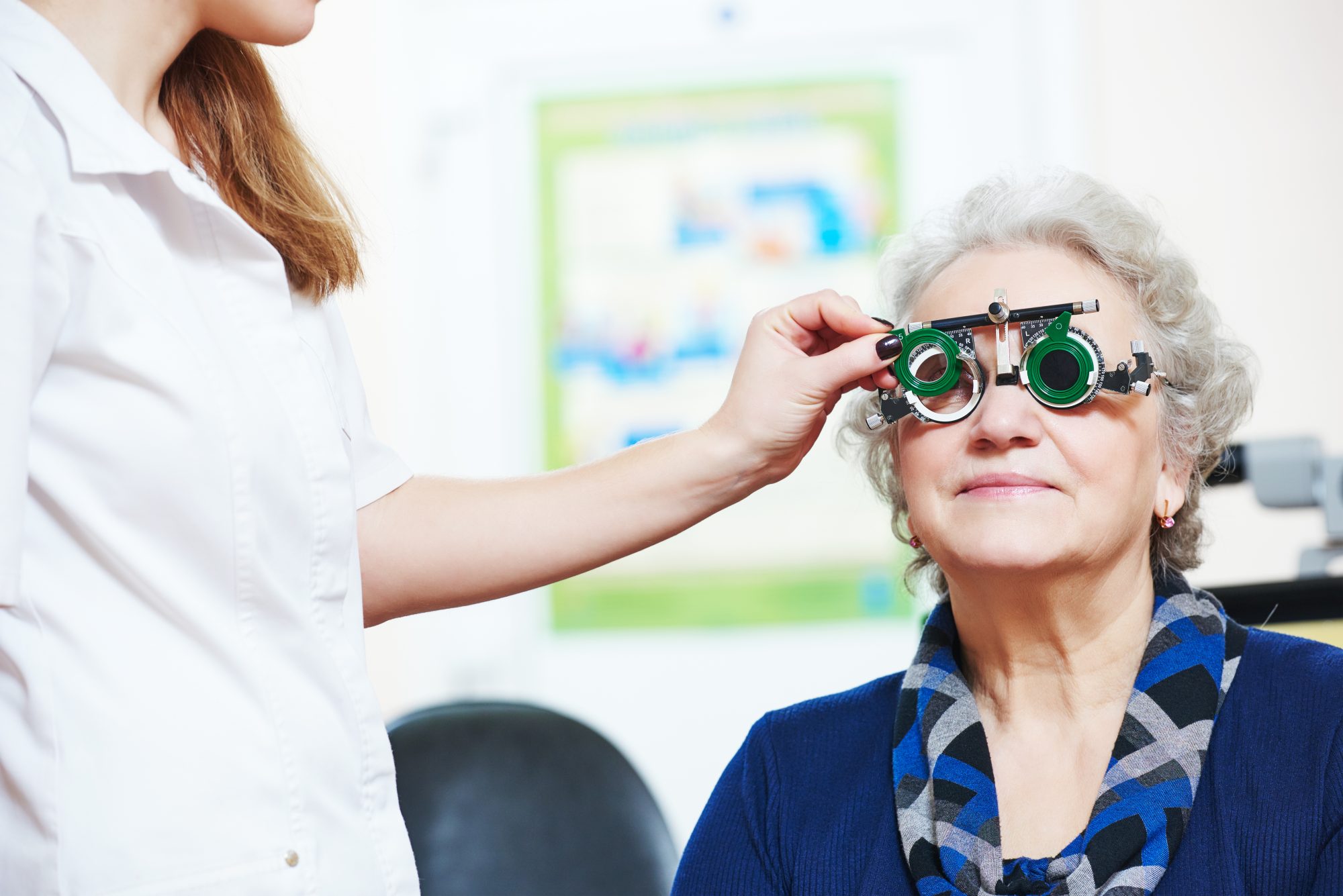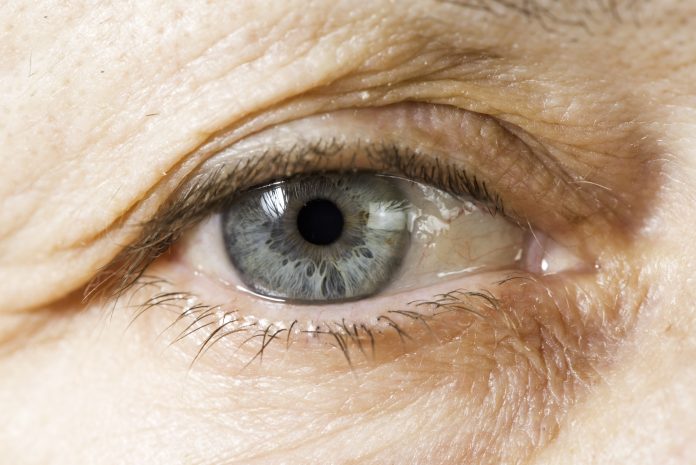As we get older, our vision declines, so maintaining our eye health becomes even more important
When you get older, your vision declines, and ageing eyes can impact your quality of life, increase the risk of falls, and decrease your independence. However, there are things you can do to maintain eye health.
It’s up to you to utilize preventative measures when and where you can, like getting enough sleep, eating the right foods to support your vision, and having your eyes checked regularly. The earlier you implement these changes, the longer you can stave off eye-related diseases and vision issues and maintain independence.
How does vision change as you age?
Trouble seeing up close
One of the first things to go is an inability to see things up close. This eye-related problem can be fixed with glasses or contact lenses and better lighting. However, you need to ensure that you wear your prescription glasses and utilize bright lights throughout your home to help combat these age-related issues.
Problems distinguishing colours
Another issue is distinguishing colours, especially somewhat close ones, like blue and black. A better diet and reduced screen time can help you tackle these issues as you get older.
Slower adjustment to light changes
It takes longer to adjust to changes in light, so if you go from a dark room to a well-lit room or step outside after being in a dark theatre, it can take you longer to adjust. Apart from staying still for a few seconds and allowing your eyes to adjust to the new light, you can do things like wear sunglasses, get your eyes checked annually, and make sure you get enough sleep to help maintain your independence in the face of these issues.
Get an annual eye exam in order to monitor eye health
Starting around the age of 40, you should have regular eye exams. Your doctor should be made aware of any medical conditions you have that could influence your eyesight, like diabetes or heart disease.
Always get your eyes checked annually. As you notice your eyesight starts to change, talk to your doctor. The sooner you conduct annual eye exams, the more effectively your doctor can track any vision changes as you age and catch problems early.

The importance of wearing your prescription glasses
If you have prescription glasses or contacts, wear them regularly. They will help to correct your vision problems and reduce eye strain. If you don’t wear them when you should, you can exacerbate existing problems and increase your risk of new problems.
Protect eyes from UV rays
Wear UV-protecting glasses when you are outside; even if it doesn’t seem particularly sunny or bright, ultraviolet rays can increase your risk of cataracts. When you wear sunglasses, you can protect your eyes and the delicate skin around them. Moreover, wearing sunglasses helps you distinguish colors more clearly when it’s right and adjust more effectively to light changes when you transition indoors to outdoors.
What effect can reducing screen time have?
Screen time can damage anyone’s eyesight, but it’s a particular problem as you age. Staring at computer screens and phones can strain your eyes. There are a few things you can do to counter this:
- First, use a print or font large enough to suit your eyesight. If you are having trouble seeing smaller things, change the font size settings on all of your devices so they are larger. This will help reduce any strain.
- Second, ensure you have blue light blockers that adjust based on the time of day. These filters will change the level of light and the type of light coming from your devices as you near evening.
- Third, take breaks. You should always take a few minutes to look up from the screen and, if you can, look outside at something green or natural. It’s even better to take breaks from your devices by walking around and letting your eyes adjust to natural lighting.
Eat a balanced diet
What you eat impacts how you see. Your diet should be rich in antioxidants to help reduce some eye problems that a company ages, like macular degeneration or cataracts. Decreasing the amount of sugar and refined flour and substituting it for whole grains can help reduce your risk of age-related diseases.
Foods with beta carotene can help you see more effectively, especially at night. Some common beta-carotene-infused foods include:
- Carrots
- Apricots
- Sweet potatoes
- Cantaloupes
Note: If you are worried about getting the proper nutrients and antioxidants from your food as you age, you can always integrate a multivitamin heavy on beta carotene and vitamins C and E.
Get enough sleep
You need sleep so that your eyesight is refreshed. Without proper sleep, your eyes will strain throughout the day. Without proper rest, you risk straining your eyes, falling, and increasing your risk of age-related eye diseases.
Overall, taking care of your eye health is very important. The more you protect your eyes inside and out, the better your quality of life will remain. You can utilize preventative measures to maintain eye health as you age.
Written by Isabelle Marinier, Associate Editor, EyeBuyDirect











